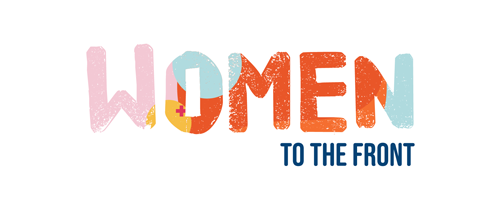As we commemorate the anniversary of the first Mardi Gras, we can take that same spirit of protest and solidarity with us as we move forward to progress not only LGBTQIA+ issues but also apply our collective power as unionised workers to addressing climate.
Workers play an important role in climate action – as General Secretary of the International Trade Union Confederation Sharan Burrow says: “there’s no jobs on a dead planet.”
In fact, there is a strong history of union members advocating for climate justice.
In the seventies, a series of protests known as ‘green bans’ were led by the NSW Builders Labourers Federation (NSWBLF) to oppose building projects that sought to destroy green spaces, working class suburbs, and heritage buildings.
This movement was built on a kind of unionism grounded in ‘social responsibility’: that workers have a right to insist their labour not be used in harmful ways.
Organisations and communities have long turned to unions to fight for equality when governments or big business won’t listen or refuse to take action.
What does this have to do with LGBTQIA+ workers’ rights?
This idea of ‘social responsibility’ by trade unions extends to advocating for the rights of all – including LGBTQIA+ workers and communities.
Many unionists were involved in the first Mardi Gras protest held 44 years ago in Sydney. Earlier, in 1973, the NSW BLF members voted to enforce a ‘pink ban’ on construction at Macquarie University to protest discriminatory action taken by the university towards a gay student.
Workers in unions have always stood up for LGBTQIA+ rights, and this includes fighting for climate justice, as climate change is an LGBTQIA+ issue as much as it is a worker’s issue.
What does climate activism have to do with LGBTQIA+ rights?
Findings reported by the Intergovernmental Panel on Climate Change (IPCC) show that people who live on the margins are the most vulnerable to the impacts of climate change.
LGBTQIA+ people and workers are already at increased risk of violence and harassment, unemployment and underemployment, poor mental health and homelessness.
Recent research demonstrates how LGBTIQA+ people are differently affected by disasters and their aftermath, with many expressing fear of outing themselves while seeking crisis support.
One participant of the study explained, “Discrimination when accessing mainstream services is always an issue – you never know if you will be treated properly and with respect.”
It is also important to recognise that queer people of colour as well as Sistergirls and Brotherboys are disproportionately affected by climate change. We have already seen these communities directly impacted due to climate inaction.
As union members, our commitment to solidarity and justice for all means it is impossible for us to just stand by.
What role do workers have in climate action?
The legacy of NSW BLF’s ‘pink ban’ serves as a powerful example of how unionised labour can be leveraged for social justice, dignity and equality for all.
With the climate crisis looming as one of the most significant socio-political challenges of our time, and with marginalised communities at increased risk of climate disadvantage, workers in unions have a crucial role to play in the policy decisions of our collective future.
If you want to see change, together, we can take action to drive that change. Union members are building a green and inclusive Australia for today – and tomorrow.












SHARE:
No jobs on a dead planet: what climate activism has to do with LGBTQIA+ workers’ rights